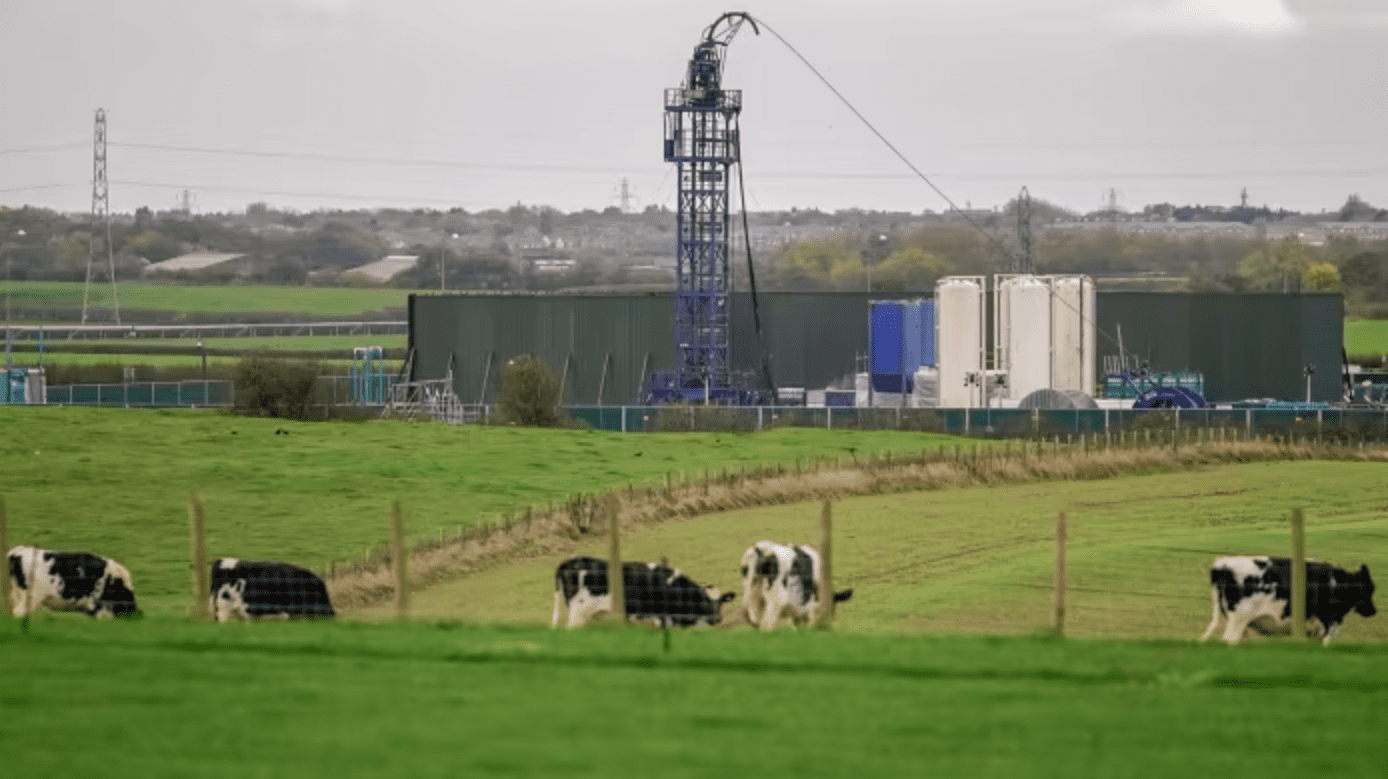

The Energy Crisis is a Self-Inflicted Disaster – But Fracking is Not the Answer
As energy prices soar, what can be done to lessen the harm to families, businesses and an economy still reeling from the Covid pandemic?
It feels like the Government is fighting a rearguard action. Its energy price cap, its granting of licences for new oil and gas wells in the North Sea, and the announcement earlier this year of plans for eight new nuclear reactors, all feels like too little, too late.
It is a piecemeal and desperate response to a crisis largely of our own making, and only brought to a head by the Russian invasion.
Buoyed by politicians’ acceptance of green ideology, green billionaires have for years successfully lobbied our Governments and financial institutions to greatly restrict investment in fossil fuel exploration and extraction. They also persuaded ministers that nuclear energy is too dangerous and best avoided.
Now, when the wolf is at the door, rather than admitting their mistake, green fanatics not only want more of the same, but demand more of it sooner. At its annual conference last week, Labour – which looks increasingly likely to form the next Government – announced its intention to make the U.K. carbon-free by 2030.
Yet many have grave concerns about the reliability of renewables and whether they will be able to meet the nation’s needs. Even with the new nuclear reactors in the mix, things look far from secure – and those won’t be online for years.
So it is understandable that there is renewed interest in fracking. Liz Truss’s recent lifting of the moratorium on drilling for shale gas was applauded on the Right and by some on the Left. They believe that while fracking may not be the answer to all our energy woes, it would bring considerable benefits: cutting bills, improving our energy security and creating jobs.
But are they right? What is the evidence for these claims? Many supporters of fracking do not appear to have asked themselves that simple but vital question. Even when pressed, they seem uninterested in defending their position with facts, and are far more interested in endlessly urging that we should get fracking as soon as we can. But without considering all the facts, and without giving those with safety concerns a fair hearing instead of dismissing them all as misguided ideologues, it is not possible to come to a sensible and responsible decision.
There is no evidence that fracking would significantly reduce energy costs in the medium and long term. In the short term, while further exploration and initial drilling took place, fracking would not lower bills. Just because extraction companies are eager to drill does not mean the public and businesses will necessarily benefit.
Although it is estimated that there are large reserves of shale gas in the U.K., how much of it is cost-effective to extract is currently unknown. It is possible that considerable amounts of it will not be viable.
It is also hard to see the industry creating a significant number of jobs.
If supporters of fracking have evidence to the contrary, now is the time to provide it: about jobs, about lowering energy bills, and about reducing our dependence on gas imports. After all, it is them who support the construction of wells across the countryside, a very different proposition in the U.K. than in the far larger and less-densely populated U.S. It is them who support daily convoys of water tankers on already trashed roads. It is them who appear to claim there are only advantages, while disregarding doubts and public concern.
I often wonder, would they all be as keen if the drilling was right next to where they live, rather than hundreds of miles away?
And I am often reminded of climate change zealots when I challenge some fans of fracking, so intolerant of dissent many of them seem. It is hard to dispel the idea that part of them supports fracking simply because greens do not.
Looking at the bigger picture, the advantages which fracking enthusiasts assume are obvious seem much less certain. Cries of it is worth a try, and what is there to lose, become much less convincing when all things are considered.
Fracking in the U.K. must be viewed for what it is: part of a panicked response. The truth is, the benefits of fracking are highly questionable and its disadvantages not inconsiderable. And by the time it may bring any benefits, though that is not guaranteed, our needs could be more reliably met by ramping up nuclear power and investing in conventional offshore drilling, alongside the expansion in renewables which is coming whether we like it or not.
Supporters of fracking need to reflect on the wider issues and reconsider their unreserved support. It is particularly disappointing that those with inquiring minds who have challenged the orthodoxies and follies of our age, from the EU to lockdowns, and from Net Zero to identity politics, appear so incurious and accepting when it comes to fracking. It is good to have hopes and to believe in something, but that needs to be tempered with a healthy scepticism, something which in this case appears to have abandoned them.







